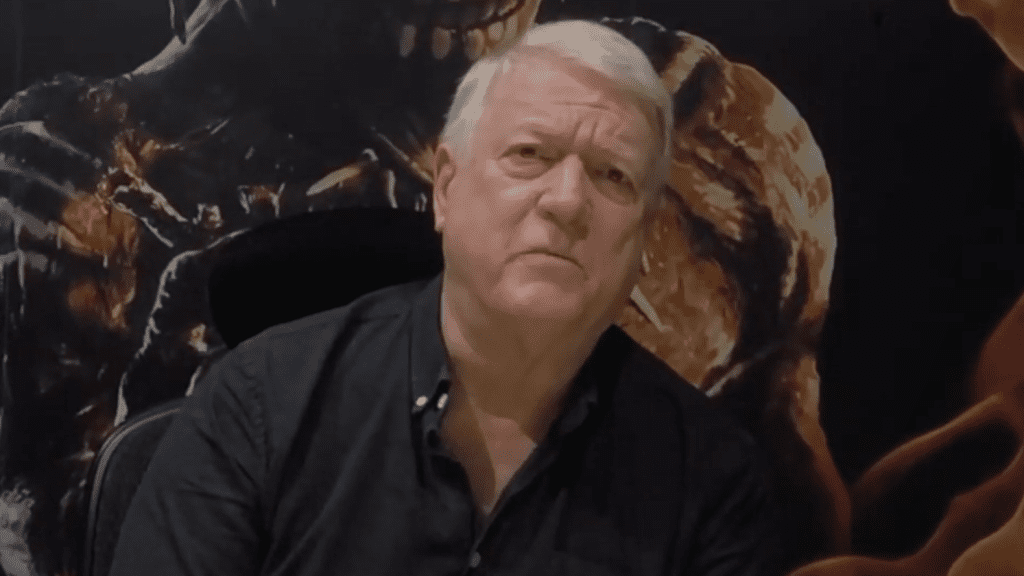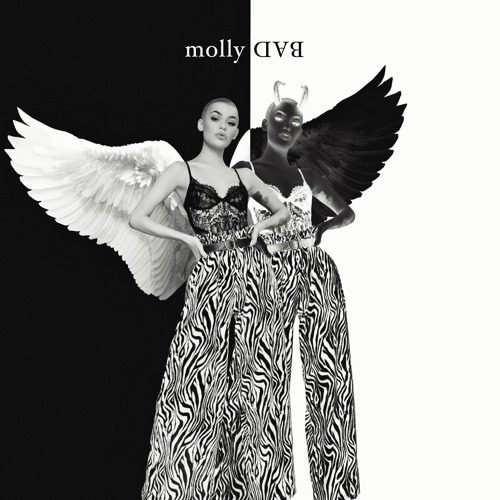
Pulp: More review – anthems and rage for the next life stage
Time has been particularly kind to Pulp. As Jarvis Cocker points out on Spike Island, the lead single from their first album in 24 years, their 2002 split went largely unlamented: they had already succeeded in considerably reducing the size of their audience with 1998’s claustrophobic album This Is Hardcore and 2001’s Scott Walker-produced We Love Life. An ostensibly valedictory greatest hits album spent a single week in the lower reaches of the Top 75. And the year after their demise, John Harris’s Britpop history The Last Party noted tartly that Pulp’s music had “rather dated”. “The universe shrugged, then moved on,” sings Cocker, which is a perhaps more poetic reiteration of what he said at the time: the greatest hits album was “a real silent fart” and “nobody was that arsed, evidently”.
But subsequent years significantly burnished their memory. It was frequently noted that, besides the Manic Street Preachers’ A Design for Life, Common People was the only significant hit of the Britpop years that might be described as a protest song, a bulwark against the accusation that the era had nothing more substantial to offer than flag-waving and faux-gorblimey. At a time when ostensibly “alternative” rock bands had seemed suddenly desperate for mainstream acceptance, Pulp had become huge by sticking up for outsiders and weirdos. Mis-Shapes, for example, hymned the kinds of people one suspected some of Oasis’s fans would have happily thumped.
They had also been quick to call time on rock’s disastrous association with New Labour, releasing the scathing Cocaine Socialism a year after Tony Blair was elected. If there weren’t a huge number of takers for Cocker’s musical solo projects, his national treasure status seemed to grow and grow. Pulp reformed in 2011 to general rejoicing, and again in 2022, by which point they could reasonably claim to be the only major Britpop band exerting an obvious influence on current artists (clearly Sports Team and, latterly, Welly both have Pulp in their DNA) and note that their infamous flop greatest hits collection had finally gone platinum.
But there’s a huge difference between playing the old favourites live and making a new album. If you don’t want to sully your catalogue with a photocopy of past glories, you’d better have something new to say, something the oddly equivocal tone of Spike Island and indeed the Cocker quote accompanying More – “this is the best we can do” – seems to acknowledge. In fact, like Blur on last year’s acclaimed The Ballad of Darren, Pulp have found a way to successfully apply their longstanding approach to a very different stage of life when, as Cocker puts it on Slow Jam, “you’ve gone from all you that could be to all that you once were”.
A man who once fantasised about cuckoldry as an act of class rage-fuelled revenge now finds himself addressing how divorce impacts on your potential to find love again on Background Noise (in a characteristic touch, this existential meditation takes place in the middle of a shopping centre). Tina effectively transposes the kind of Pulp song that ruminates on missed romantic opportunities – Babies, Disco 2000, Inside Susan – into middle-age, the frustration sharpened by the fact that it’s 40 years since that particular opportunity sailed. Similarly, Cocker was always exceptionally skilled at drawing confused, youthful relationships and at making capital from the grubby mundane aspects of sex. He still is, although on Grown Ups, the relationship is depicted as taking place on a planet now out of reach, “because the rocket doesn’t have enough fuel” to get back – to youth, presumably – and on My Sex, all the grubby mundanity has taken on a pressing tone as libido dims: “Hurry ’cos with sex, we’re running out of time.”
Given how strong the imprint of their frontman’s voice is, it seems almost pointless to note that the contents of More sound like Pulp – if Cocker was unexpectedly recruited as lead singer of Cannibal Corpse, they’d probably sound like Pulp too – but suffice to say the music here does all the things a longstanding fan might expect. There are melodies derived from Gallic chanson, tinny electronics, rhythms that lean towards disco, sprechgesang verses that build into anthemic choruses and a lot of flourishes that recall 70s pop (there’s also a surprising amount of violin redolent of long-departed member Russell Senior). More importantly, it does these things really well: the epic A Hymn of the North is as heart-rending a Scott Walker-influenced ballad as Pulp have ever recorded, while if they had released the joyous Got to Have Love as their post-Different Class comeback single in 1998, rather than Help the Aged, their commercial fortunes might have taken a different shape.
More certainly isn’t going to convince anyone who doesn’t already like Pulp to change their mind, but then anyone who expects a reformed band’s first album in nearly 25 years to do that is perhaps grappling with wildly unreasonable expectations. It’s more likely that a reformed band’s new album might be a placeholder, filled with songs that pad out the hits live, but provoke a rush on the bars and loos in the process. That definitely isn’t the case with More. If this is the best Pulp can do, it’s more than good enough.




